 Data from market research company ABI Research indicates that Google’s Android operating system is losing share in the smartphone market.
Data from market research company ABI Research indicates that Google’s Android operating system is losing share in the smartphone market.
 Data from market research company ABI Research indicates that Google’s Android operating system is losing share in the smartphone market.
Data from market research company ABI Research indicates that Google’s Android operating system is losing share in the smartphone market.
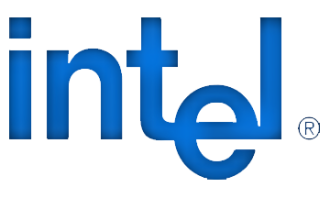 Giant US microprocessor combine Intel has paid an unknown amount of money to snap up a Germany chip company.
Giant US microprocessor combine Intel has paid an unknown amount of money to snap up a Germany chip company.
 The Information Commissioner’s Office (ICO) has made Google sign an undertaking to improve information about how it collects personal data in the UK.
The Information Commissioner’s Office (ICO) has made Google sign an undertaking to improve information about how it collects personal data in the UK.
 Scientists at the Massachusetts Institute of Technology (MIT) said just four pieces of vague information can open the door to crackers and hackers.
Scientists at the Massachusetts Institute of Technology (MIT) said just four pieces of vague information can open the door to crackers and hackers.
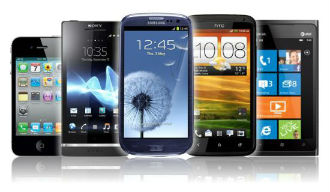 Over 375.2 million smartphones shipped during the fourth quarter of 2014 – that’s up by 28.2 percent compared to the same period the year before.
Over 375.2 million smartphones shipped during the fourth quarter of 2014 – that’s up by 28.2 percent compared to the same period the year before.
 A survey of 125 UK based IT managers and chief information officers (CIOs) has revealed that cloud apps are more widely used than often thought.
A survey of 125 UK based IT managers and chief information officers (CIOs) has revealed that cloud apps are more widely used than often thought.
 While there were shortages of monitor panels last year that caused only 133.6 million units to ship, some vendors have done better than expected.
While there were shortages of monitor panels last year that caused only 133.6 million units to ship, some vendors have done better than expected.
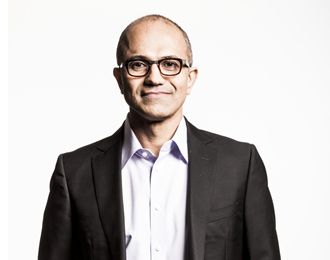 Software giant Microsoft has decided that people who use Android tablets will be able to download Office applications for nothing from today.
Software giant Microsoft has decided that people who use Android tablets will be able to download Office applications for nothing from today.
 Faced with stiff competition at the mobile end of the market, it appears that Intel is hoping sales of expensive machines to enterprises will set the company back on track.
Faced with stiff competition at the mobile end of the market, it appears that Intel is hoping sales of expensive machines to enterprises will set the company back on track.
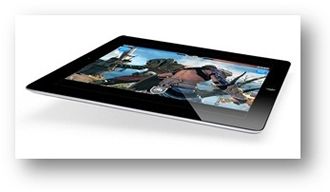 Despite reports suggesting that the market for tablets is in decay, fresh data shows that it ain’t necessarily so.
Despite reports suggesting that the market for tablets is in decay, fresh data shows that it ain’t necessarily so.
 An extensive study by the University Autonomy de Barcelona (UAB) sampled 5,538 secondary school students to gauge the effect of technology in their lives.
An extensive study by the University Autonomy de Barcelona (UAB) sampled 5,538 secondary school students to gauge the effect of technology in their lives.
 Things went better for the notebook industry last year, according to a report from Taiwanese research house Trendforce.
Things went better for the notebook industry last year, according to a report from Taiwanese research house Trendforce.
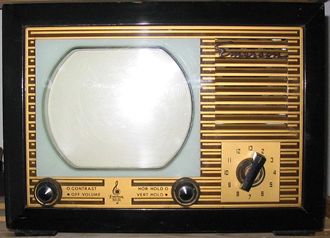 Where once the global flat panel industry focused on unit growth, it appears that it is now taking a bigger interest in area demand.
Where once the global flat panel industry focused on unit growth, it appears that it is now taking a bigger interest in area demand.